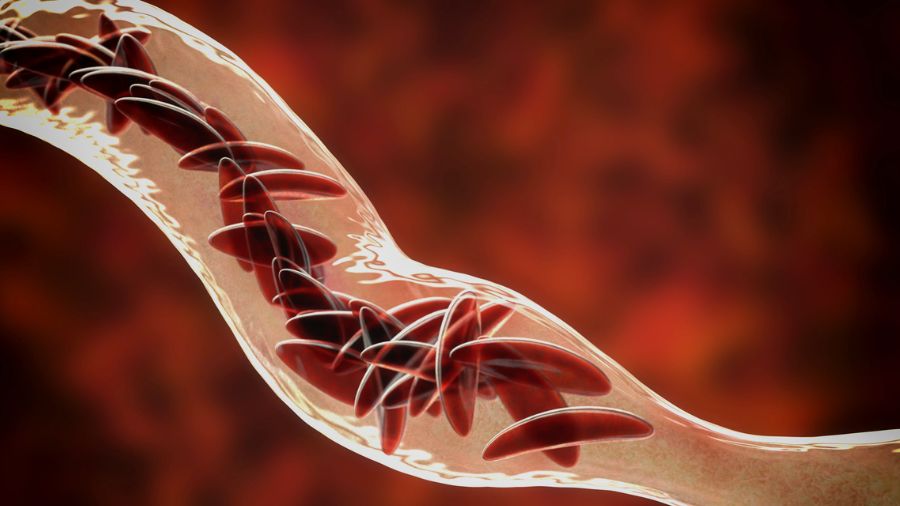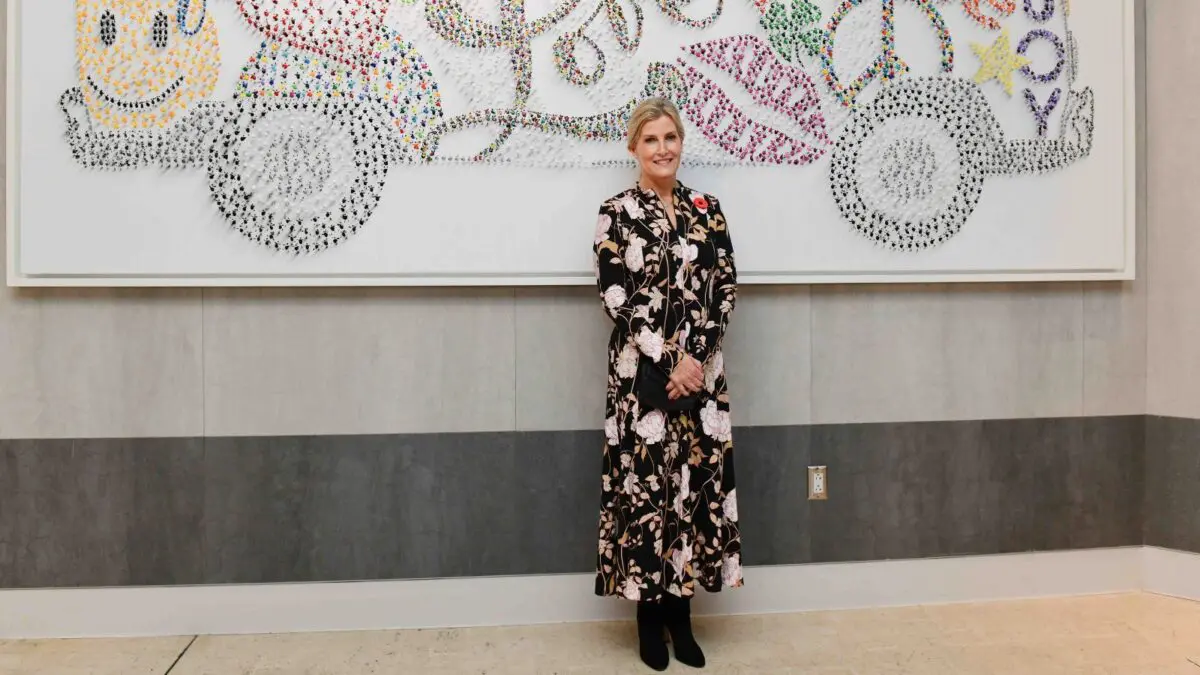
Oscar Lopes and his wife Susan.
Feeling his fingers sweeping over guitar strings is a sensation that musician Oscar Lopes never takes for granted. Oscar, 63, has played since he was a teenager growing up in Kenya, before he and his wife, Susan, migrated to Canada in 1988.
“I used to play in all the hotels and at weddings,” says Oscar. “Pop, reggae, rap and all kinds of musical genres.”
But his life-long passion was almost taken away. His troubles began in 1992 when, at age 37, Oscar’s kidneys failed. He went on peritoneal dialysis until the following year, when his sister donated her kidney to him.
“He was pretty young when he lost his kidneys, and we had four boys,” Susan says. She wondered how she would raise them alone if her husband was not around. “But we persevered, and I had faith.”
The transplanted kidney lasted for seven-and-a-half years before it too began to fail, forcing Oscar back on peritoneal dialysis. Five times a day, whether at work or practicing with his bandmates, he would leave to find a private space to drain and refill his abdomen with dialysate, the cleaning fluid used to draw waste from his blood. It kept Oscar alive, but not lively.
Over time, Oscar’s energy was drained and his physical abilities were withering away. His donated kidney had to be removed in late 2003 because it became cancerous. The next year, he developed diabetes as a side effect of peritoneal dialysis, which in turn lead to neuropathy, dysfunction of the peripheral nerves. As a result of the neuropathy, Oscar was robbed of all feeling in his hands and feet, and the ability to play his guitar.
“I couldn’t hold a cord. I couldn’t even hold a guitar,” says Oscar. “It was devastating.”
Oscar was also in a lot of pain. His hemoglobin had plummeted and so did his weight. He and his wife were losing hope — until, in 2004, they met Dr. Christopher Chan, Medical Director in the Division of Nephrology at University Health Network. Dr. Chan introduced the couple to home hemodialysis.
“Meeting Dr. Chan changed our lives,” says Oscar. “He takes the time to carefully listen to his patients, which makes a big difference to a successful diagnosis. He is kind, pleasant and approachable, and explains issues concerning each patient’s problems.”
Today, Oscar undergoes home hemodialysis approximately five days a week, in the comfort of his bed while he sleeps. Both he and Susan were trained at Toronto General Hospital on how to deliver hemodialysis at home. Before turning in, Oscar hooks himself up to a dialyzer and it clears his blood of waste and extra fluid over night.
“Once we started doing eight hours of home hemodialysis overnight, Oscar’s energy levels became like that of a normal person,” says Susan. “It’s such a joy.”
Oscar, who is now retired, has returned to playing his guitar and writing songs. His solo album, “Christmas in Toronto,” is now available on Spotify. He visits the hospital periodically to keep an eye on his overall health.
“The doctors, nurses and staff in Nephrology are great,” says Oscar. “Dr. Chan is my favourite person at Toronto General. Please tell him not to retire early.”


